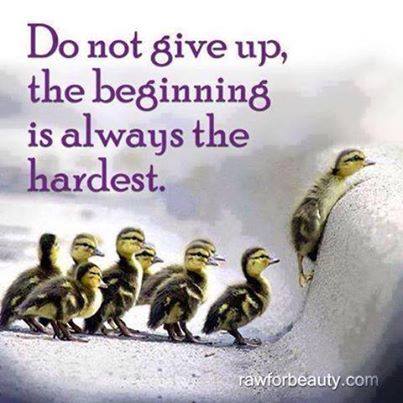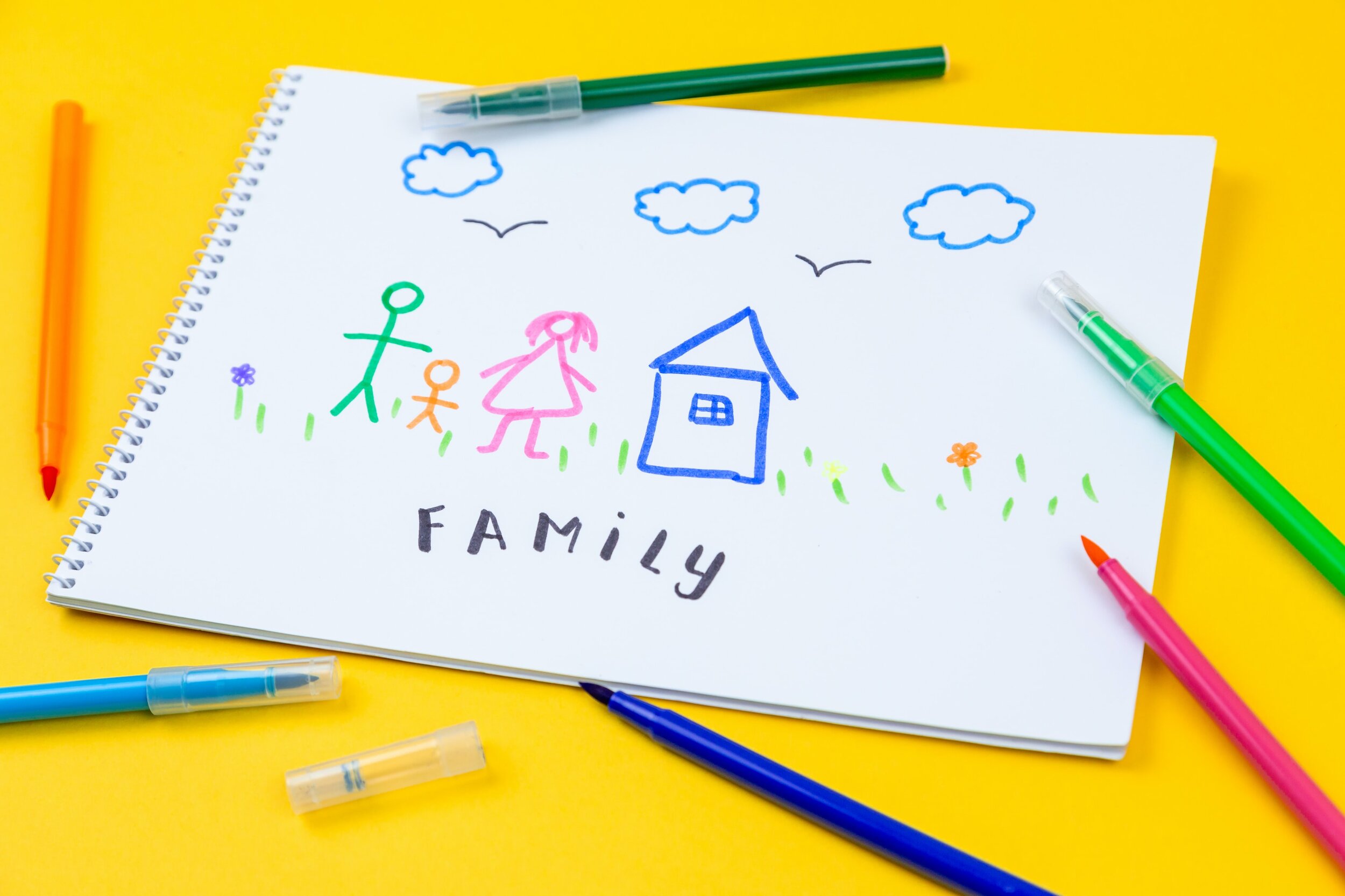Coming Out as trans to parents, family, friends, and loved ones
Welcome to TYEF’s youth space! This section of our website is WRITTEN FOR YOUTH BY YOUTH. We have been in the some of the same situations as you, and we are here to help you in every way that we can. Being transgender and having to go through so many steps to make your body match your mind, especially if your parents are unsupportive, can be overwhelming and depressing. You may be asking yourself “how do I tell my parents I’m transgender?” Many parents of transgender youth start out being not-so-supportive, and even the few that are accepting often do not know where to look for information to help their children transition. But, keep trying, many parents come around!
If you are not yet ‘out’ to your parents – meaning you have not told them that you are transgender – then coming out is likely on your mind most days. Coming out can be scary, because you can never know for sure how your parents will react or if they will understand the way you feel. It doesn’t have to be scary, though. Coming out can be made a lot easier when you have a friend on your side who supports you, or when you come out to your parents in a letter rather than in person. The one thing we can promise you about coming out is that you will feel so much better when you do. Maybe not at first, but in the long run, coming out will make your life so much easier. *please remember that since we do not personally know you, you have to be the judge of whether you are truly unsafe coming out to your parents. If you believe you are in danger, please tell a grownup that you need support. Maybe that's an older sibling, a friend, a counselor, a school person, or your pediatrician. Get support!
How Do you tell your parents you are transgender?
We are so excited to have seen some amazing celebrities come out as transgender, non-binary, and gender non-conforming recently. To name a few, the famous actor Elliot Page came out as transgender and non-binary on December 1, 2020. Singer Demi Lovato came out as non-binary on May 19, 2021 on Twitter. These inspirational examples of celebrities living their truths have helped society better understand what it means to be trans. Transgender, non-binary, and gender non-conforming people are everywhere and always have been, and you belong.
As you're reading this, you may have been considering coming out for a long time, or maybe you've just started. There is no rush or formal 'rulebook' for coming out. It's a process that depends on your own environment, preferences, and whatever makes you most comfortable. That's why we have made this guide to help!
It may be helpful to practice what you want to say before coming out. Having an idea of how to speak about your feelings could make the process a bit smoother. Let your parent(s), guardian(s), family, or friends know that living as your true self is really important to you, and that you want to have them and their support by your side. Also think about when, where, and how you want to come out - do whatever makes you feel most comfortable, safe, and secure. After dinner? When you get home from school? At home? In public? Maybe even in a letter? It's up to you and completely depends on what is the easiest and safest option. Also think about choosing a time to tell that is not busy or rushed for your family (not while fixing dinner or rushing out the door, etc). Again, don't feel rushed.
To get an idea of how the people in your life may react, you can try casually asking them their opinions on LGBTQ+ and trans topics. This may not be a perfect way to know how they will react, but it can help to know where they stand on these things.
Think about even just one person in your life who you know would be supportive. If you have someone like this, it could be nice to come out to them first so that you have someone on your side from the beginning. They could be a great person to fall back on in case others don't always react well when you come out. Even having just one person on your side who supports you and respects your identity can make things so much better. Consider having this person sit down with you when you come out to your family, friends, and others.
“I’ve never been interested in being invisible and erased.”
If you can, do some research about different terms and what being transgender, non-binary, or gender non-conforming means. You don't need to answer all the questions people may ask, but having done research is helpful in case you do want to help educate your family, friends, and peers. For help with this, check out our Glossary. You can also tell them to look at our Glossary instead so that they can educate themselves.
Think about some of the responses or questions you may hear. You don't need to justify yourself or answer all their questions, but being prepared for different outcomes (both good and bad) can help you feel more prepared. And remember that no matter what anyone says, your identity is correct, valid, and beautiful. Even if some people react negatively, their opinions don't mean that you are doing anything wrong.
Prepare yourself emotionally before coming out. You may feel nervous as you're telling someone that you're trans, but that's okay. Coming out isn't always easy, but you will get through it. Even if people don't react in a good way, believe us when we say that people can change. Even some of the most unsupportive parents have turned into fierce supporters of their trans, non-binary, and gender non-conforming children. And you always have TYEF by your side - we are here for you and ready to help! And consider having a close friend or relative with you as you sit down to talk.
You can always talk to our highly trained staff here at TYEF by calling 207-478-4087, or emailing contact@transyouthequality.org. You are not alone, and TYEF is always here to support and help you. You have a right to tell your family, friends, and peers to use your correct name and pronouns.
Keep in mind some healthy and safe coping strategies to make you feel better if coming out doesn't go as planned, or if you get stressed along the way. Think about healthy strategies that relax you, make you feel safe, and bring you happiness. Do you like to watch movies or TV shows? Watch your favorite YouTube star? Read a good book? Spend some time outside? Talk to a good friend? Hug your pet? All these are examples of healthy and safe coping strategies to deal with the difficulties life throws your way.
Coming out can still be scary though - like, really scary. But you're not alone! There are so many trans youth who have come out to their parents, so take a look at some of these stories below from people like you all around the country.
*Please note that we don't know everything about your unique circumstance. If you feel that coming out may result in any danger, please tell a grownup that you need support. Maybe that's an older sibling, a friend, a counselor, a school person, or your pediatrician. Get support! In these situations, it could be best to come out once your surroundings are safer and more stable. Your safety is most important, always.*
Here are some amazing resources to help you in your coming out journey:
- Lambda Legal has a great list of resources for LGBTQ+ youth by state.
- Trevor Project has a guide to coming out for LGBTQ+ youth.
-Planned Parenthood has a guide and resources for coming out as trans.
“I never actually came out to my parents. I came out to a close family friend of ours first – he was gay, so I knew he would accept me. I sent him an email and told him that I have always felt like a girl inside, and that I want to get surgery and everything so I can be a normal girl. He told me that he completely supported me, and that I shouldn’t be scared of coming out to my parents because they had always suspected I might be transgender since I was really little.
Later, my mom read the email when I left my computer out, and she told me that she knew all along that I might be transgender, because I used to tell her when I was little that I was supposed to be a girl, her daughter. She didn’t know very much about transgender youth back then, but she promised to accept me and help me as much as she could. That was two years ago. Now I have been on puberty blockers and hormones for more than a year, I am having surgery in less than a year, and I finally am the girl I have always needed to be.”
- a 16-year-old transgender girl
“I never felt comfortable in my body. I knew that I didn’t identify as a boy or with the male gender roles put on me by others. I had told my parents when I was younger that I felt I would be happier if I had been born a girl.
I came out to my parents as gay when I was 14, and they didn’t react badly. But at the same time my parents often chose to ignore my sexuality and femininity. I didn’t come out to them as trans until I was 17, and they took it really badly at first. My parents would cry and yell, and they were completely unsupportive.
But about a year later I told them that I was going to transition regardless of their thoughts, and they eventually became my biggest supporters. My parents are going along with me to my future surgeries, and I’m so happy to have them by my side as I live my life as the girl I was always supposed to be.”
-an 18 year-old transgender girl
Coming out experiences vary greatly. Some parents will be encouraging from the start, like the parents of this 16 year old. They may have suspected all along that their son or daughter was gay or transgender, and gotten used to the idea over time. Other parents may be completely shocked. They could react with anger, sadness, fear, or any mix of these emotions. It is completely normal for parents not to be supportive of their child’s transition at first. Many parents go through what is called a “grieving process”; they feel they have lost their son or daughter because their child wants to transition to the other gender. In reality, their child is the same child they have had all along. Some parents take a long time to understand this.
If your parents are not totally on-board with your transition at first, there are a few things you can do to help them understand. First, ask them to read about transgender youth. Books like “The Transgender Child” can be extremely helpful for parents who don’t know very much about transgender youth. For a good list of books for your parents to read check out these: Books For Adults. You can also refer them to websites and organizations that can provide them with more knowledge as well as support from other parents in the same situation. The Trans Youth Equality Foundation (www.transyouthequality.org), and other trans organizations can help you and your parents. Ask your parents to get you a therapist as well, preferably a therapist who specializes in transgender issues and has experience working with transgender youth. Finally, there are some support groups for transgender youth and their parents across the country. If you can find one in your area, encourage your parents to go with you. You would be amazed to see some of the changes that happen in parents when they are able to discuss their concerns and fears with people who are going through the same thing.
We want your coming out experience to be as positive as possible. Always remember that all of us at TYEF are here for you. We will certainly support you through this process as we have many times. We can discuss this with your parents to help them understand better. Don’t be shy to call us anytime. Call us at 207-478-4087 and leave a message with your name and contact. It’s always smart to reach out! Take good care of yourself by knowing when to reach out to adults who can support you!









